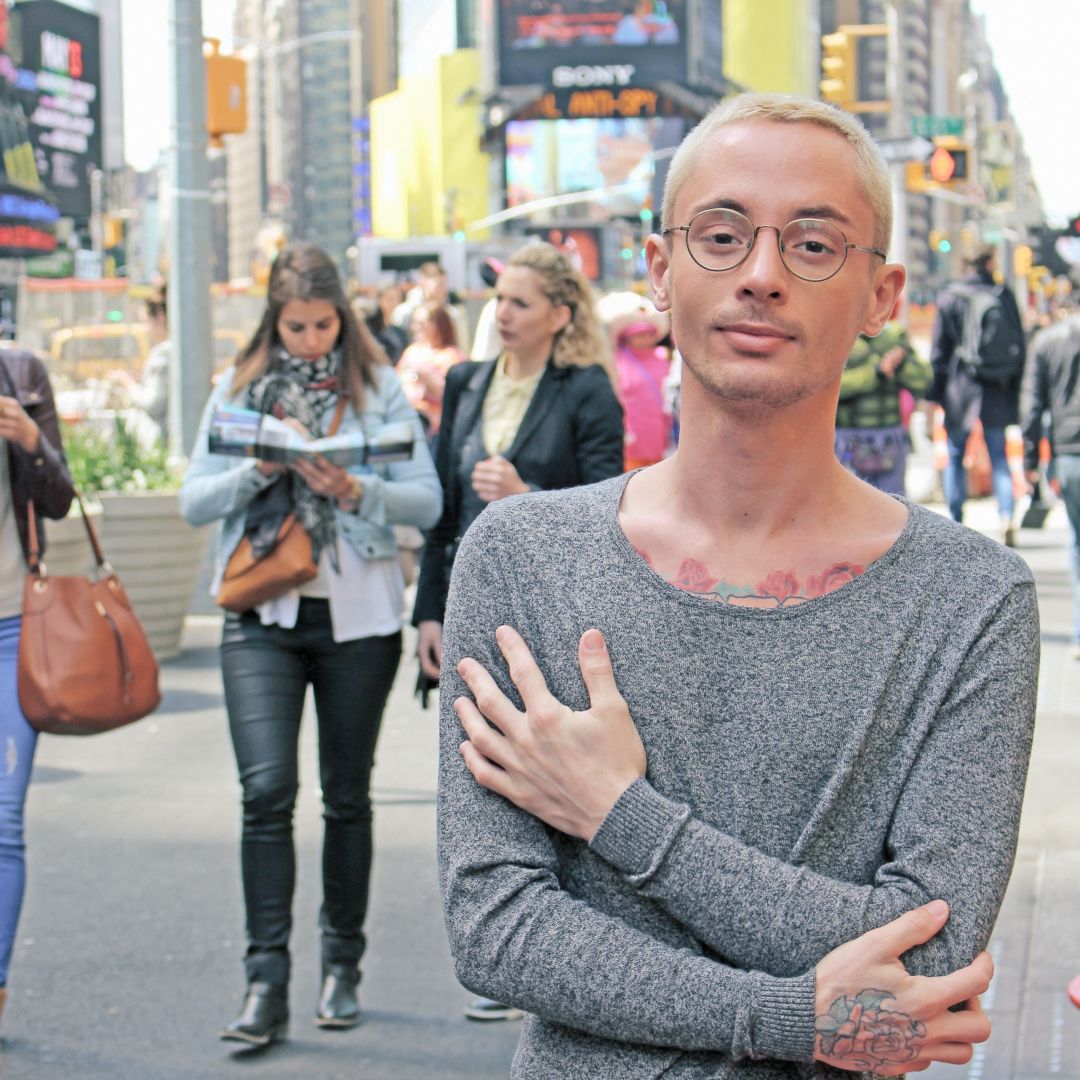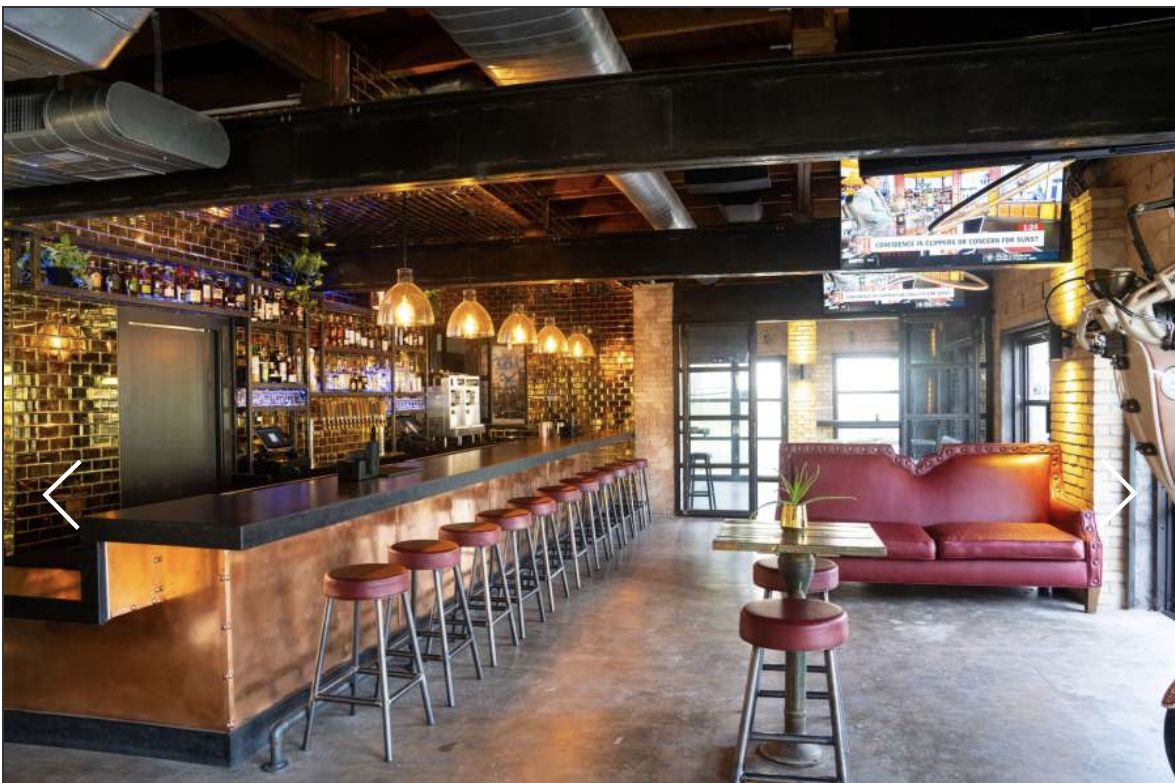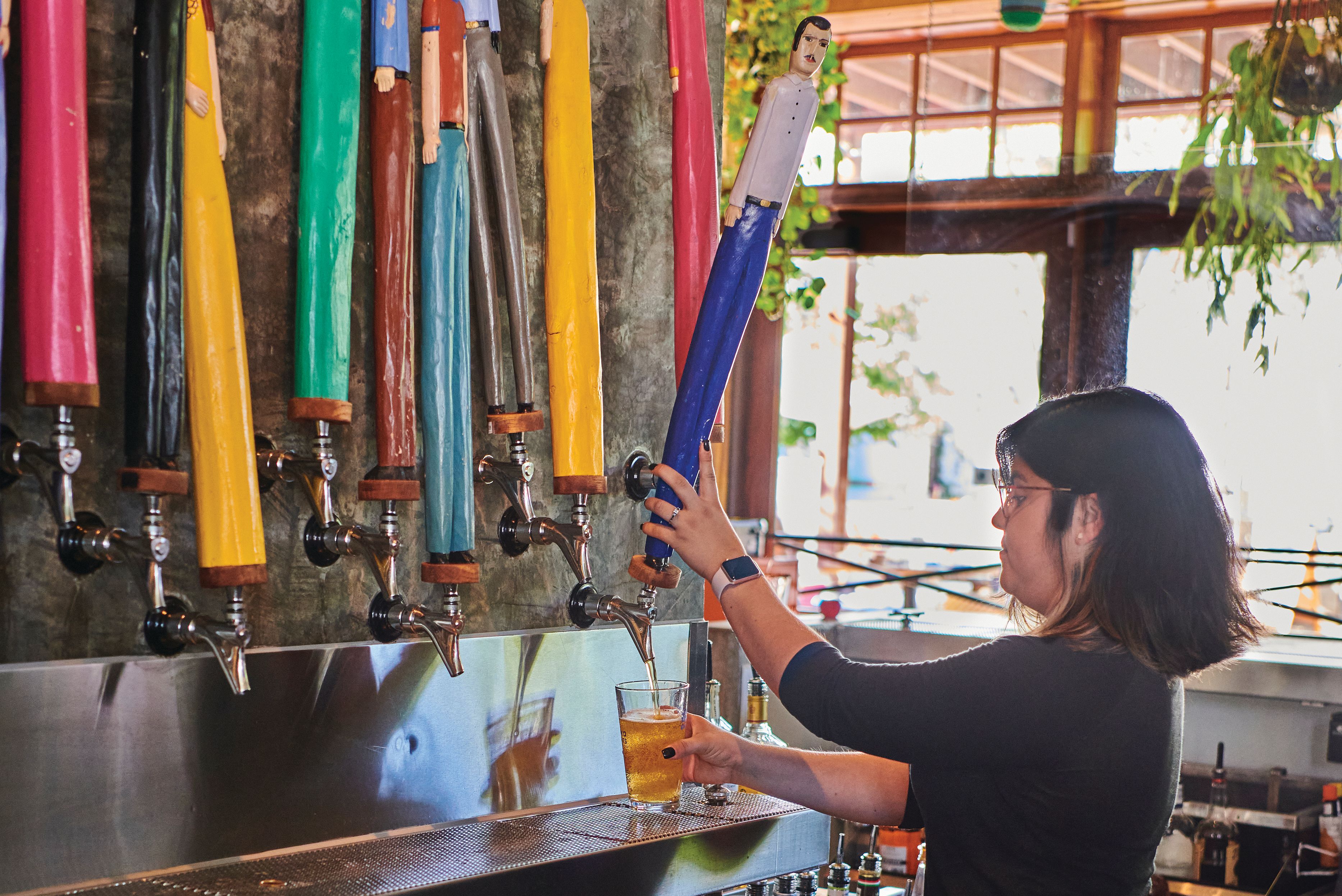From Life on the Streets to Life as a Congressional Aide

Image: Kristopher Sharp
Kristopher Sharp spent more than eight years in foster care before aging out of the system. During that time, not one person in the many group homes he’d lived in across Texas told him that, under state law, he was entitled to free college tuition. He was 18 and homeless in 2008 when, in search of air conditioning and a bathroom, he wandered into an admissions fair at UH-Downtown and spoke with a counselor who clued him in to that opportunity—a chance meeting that would change the course of his life.
A teacher in Sharp’s hometown of Dumas, in the Panhandle, had noticed bruises and lesions on Sharp’s body when he was 9. His mother was addicted to meth and abused the boy and his two siblings when she was high. “She used to put wire hangers on the stovetop and then hit us with them,” recalls Sharp, now 26 and living in Washington, D.C. After that, he was put into the foster care system, bouncing from home to home across the state’s major cities.
At 16, Sharp was placed in a group home in Houston. It was the first time he was able to stay in the same place, at the same school, for more than a year—a precious gift. But when he turned 18, the home turned Sharp out and, faced with having to return to the Panhandle, he fled. “They wanted to move me from this community I had built all the way back to where I hadn’t been for six or seven years,” he says.
Sharp spent the next six months living on the street. Because he’s gay, he says he was turned away from a shelter that otherwise would’ve taken him. He ended up sleeping on the roof of a shopping center off Ella and Highway 1960, engaging in sex work for food and places to stay. During that time, he tried to give blood plasma for money and learned he had HIV.
After Sharp enrolled in UH, in 2010, through the tuition-waiver program, he received a $2,000 check, got his first apartment and settled into stability, majoring in social work and running for student body vice president his junior year. It was then that he found himself at the center of a firestorm, after someone plastered fliers around the campus with a picture of Sharp that said “Want AIDS? Don’t support the Isaac [Valdez, who was running for president] and Kris Homosexual Agenda.” On the back of the flier was a photocopy of Sharp’s medical record.
“It was a smear campaign that picked up really quickly,” he recalls. “Everyone posted it on social media. It was pretty terrible because I hadn’t spoken to many people about it. In hindsight, I can laugh about it, but at the moment it was a really tough thing for me as a young person just getting stable.”
An investigation into the incident went nowhere, but Sharp and his running mate nevertheless emerged victorious. He also got his first real taste of politics. “When the LGBT community in Houston found out what was happening, they rallied for support—they didn’t know my story, they just said they weren’t going to stand for this,” Sharp says. “That motivated me to give back to that community.”
While in college, Sharp campaigned for Annise Parker and Wendy Davis. After graduating, he headed to Washington, D.C., where he served as an intern before joining Washington Senator Patty Murray’s staff as a legislative aide this year. He’s also now a congressional fellow for the LGBT Equality Caucus for the House of Representatives, led by the House’s six openly gay members, and makes it his mission to speak up for the country’s disadvantaged youth.
“I’m 26, and I’ve spent more of my life in the system than out of it. Here in D.C., there aren’t many people with the experiences that I have,” says Sharp. “Most of the people I work around went to Harvard and Yale, but I am still in this world, and I still get paid like they do. And they have to listen to me now.”




